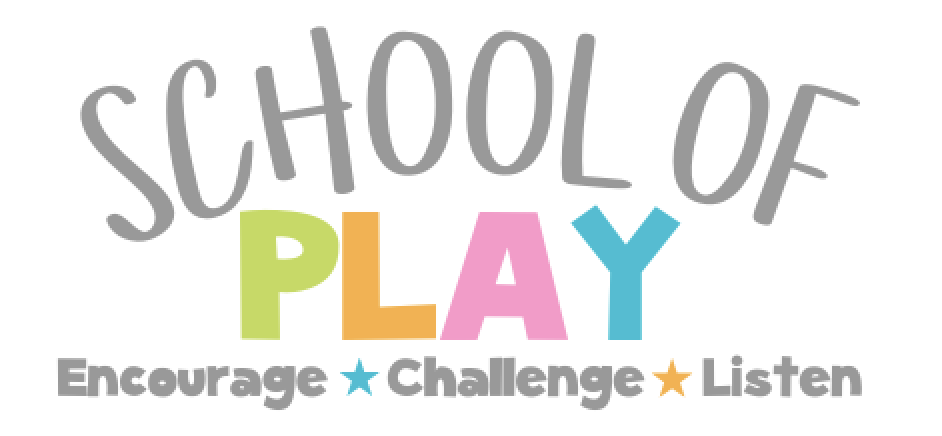School of Play will recommend one of the following programs to best suit your child’s needs:
School-Based
If your elementary or pre-schooler has been recommended by their school to obtain extra support, or if the parent is looking independently, School of Play can provide short-term behavioral interventions in schools. This is highly dependent upon the attitude of the school as well as the potential of the environment for the child.
Hours with a BHT may be recommended (not generally to exceed 3 per day) if the child is struggling with behaviors such as aggression, self-injury, or eloping. Other behaviors may qualify the child for this amount of support as well. If a child is 1:1 with a paraprofessional, they will not qualify for this type of support. Parent training
A consultation only model is also available, during which the teacher and parents receive consultation, and the consultant would also work with the child from time to time.
School Age Center-Based
If your elementary schooler is still in need of higher amounts of intensive ABA therapy, School of Play offers a therapeutic afternoon program available to children. This program runs daily from 12:30-3:30pm, necessitating an early dismissal from school.
Preschool-Prep
In our Preschool-Prep program, children ages 3-5 attend our center from 9am-12pm. The number of days attending can vary, but often children attend 5 days per week with one or two of those days occurring in the home setting or in daycare.
The Preschool-Prep program follows a daily schedule including a group time, snack, crafts, individual work time, and LOTS of play! Each child in the program attends with a highly trained BHT who is capable of presenting challenges and working on specific goals all while engaging in the daily schedule.
Sessions occurring at home or daycare are considered generalization sessions, and are generally less intense due to the nature of the setting.
Toddlers
Not to forget our youngest clients, 1, 2 and young 3 year olds are served in a more flexible model incorporating more caregiver involvement and less structure on the child. Our play-based intervention (NDBI) allows our skilled clinicians to play with these children and teach pivotal and crucial social, communication, and play skills in a very natural way.




